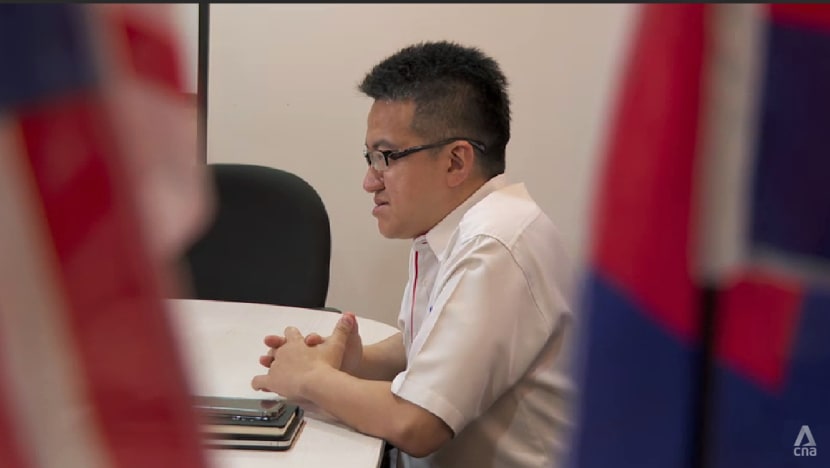Malaysia GE15: How are parties in Johor planning to win votes, and possibly reclaim seats?
Whatever happens in Johor will have national consequences, as the state holds 26 parliamentary seats out of 165 in Peninsular Malaysia.

Johor's opposition chief Liew Chin Tong said the opposition is hoping to convince voters, including those working in Singapore, to cast their ballot.
JOHOR BAHRU: The ruling Barisan Nasional (BN) coalition may have won a large number of seats in the Johor state election earlier this year, but there is no guarantee of a repeat performance at the federal level in the upcoming polls, said analysts.
Dr Francis Hutchinson, a senior fellow and coordinator of the Malaysia studies programme at the ISEAS-Yusof Ishak Institute, said BN, which won 40 out of 56 seats at the state elections in March, has got “a real core of motivated voters”.
“But beyond that, the messaging, as well as the vision for the country, the awareness of issues that people face, cost of living, post-COVID-19 economy, all of these, have not been actually touched upon effectively by Barisan Nasional to enable them to make inroads,” he added.
Observers believe Johor will be a key battleground in the Nov 19 general election.
Whatever happens in Johor will have national consequences, as the state holds 26 parliamentary seats out of 165 in Peninsular Malaysia.
LOW VOTER TURNOUT A CONCERN
However, this is also dependent on whether people show up to vote.
Observers believe Johoreans may be less motivated to vote at this year's federal election as they had already turned up for the earlier state election. Concerns over the impending monsoon season and COVID-19 could also stop voters from turning up.
But given the number of seats at stake, political parties are still expected to go all out to woo around 2.5 million voters - come rain or shine.
The BN coalition, led by the United Malays National Organisation (UMNO), looks set to ride on its popularity at the recent Johor state election.
Meanwhile, the enthusiasm of many voters for the opposition Pakatan Harapan has somewhat dissipated, after the coalition's short-lived administration was riddled with problems.
Johor's opposition chief Liew Chin Tong said his side is hoping to convince voters, including those working in Singapore, to cast their ballot.
Mr Liew, who is from the Democratic Action Party, said there may be a high turnout if people are convinced that there is still hope in voting and that the country will become better.
Mr Liew added that there will be more emphasis on social media this time, especially after Malaysia lowered the voting age to 18. There are more than 170,000 people in the state aged between 18 and 20 who are eligible to vote.
VOTES COULD SPLIT THREE WAYS
Other parties are also introducing fresh faces at this election.
Mr Syed Saddiq Syed Abdul Rahman, the president of the youth-based party Malaysian United Democratic Alliance (Muda), said: "Why not give a chance to someone who's young, fresh, new, (and) not coming from a family dynasty or privilege from one generation to another?
I believe that voters want to see something new and fresh in Malaysia."
But there is yet another point of contention, that votes could split three ways.
Dr Hutchinson said: “You also have Perikatan Nasional coming in and kind of changing the dynamics between Pakatan Harapan and Barisan Nasional.
“That then contributes again to narrowing the majority."





















